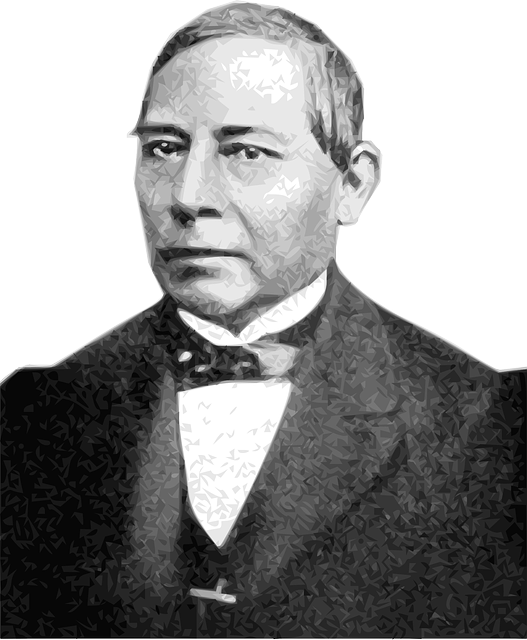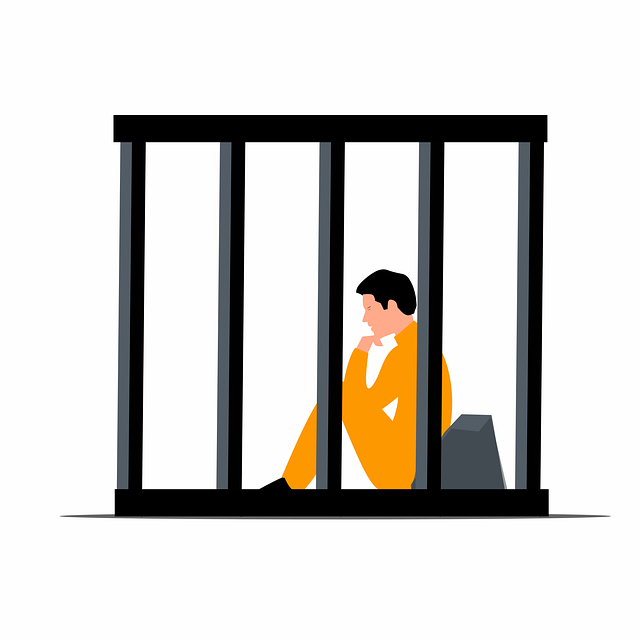Rural and urban areas exhibit stark contrasts in DUI (Driving Under the Influence) laws, with rural regions generally having less stringent regulations and fewer police patrols, leading to easier criminal record expungement post-DUI. Urban centers implement stricter policies with increased surveillance, resulting in harsher penalties and complicated expungement processes. Geographic factors influence sentencing and penalties, with rural areas often enforcing longer suspensions and fines, while urban centers offer flexible options like alternative sentences or early diversion programs. Access to legal aid differs significantly, with urban residents potentially having better resources compared to rural individuals who may face additional obstacles in clearing their criminal records. Understanding these variations is vital for promoting fair treatment and providing specialized support for criminal record expungement after DUI across all regions.
In the interplay between rural and urban DUI laws, distinct legal landscapes emerge. This article delves into the key differences shaping these jurisdictions, specifically focusing on their impact on criminal record expungement post-DUI convictions. We explore geographic variations in DUI penalties and sentencing, providing insights for both rural and urban residents navigating record clearance options post-arrest. Understanding these nuances is paramount for individuals seeking to move beyond their DUI history.
- Understanding Rural and Urban DUI Laws: Key Differences
- Impact on Criminal Record Expungement after DUI Convictions
- Geographic Variations in DUI Penalties and Sentencing
- Navigating Record Clearance Options for Rural and Urban Residents Post-DUI Arrest
Understanding Rural and Urban DUI Laws: Key Differences

In the realm of DUI (Driving Under the Influence) laws, rural and urban areas often find themselves on opposite sides of a spectrum, leading to significant differences in legislation and penalties. Rural regions, characterized by lower population densities and more open spaces, typically have less stringent regulations when it comes to DUI enforcement. This is reflected in reduced police presence and, consequently, less frequent stops, resulting in fewer arrests and convictions for DUI offenses. As a result, individuals facing DUI charges in rural areas may perceive these laws as more lenient, offering potential opportunities for criminal record expungement after DUI.
In contrast, urban centers with dense populations and high traffic volumes tend to have stricter DUI policies. Enhanced police surveillance and the prevalence of sobriety checkpoints contribute to stricter enforcement. These cities often prioritize public safety above individual freedoms, leading to harsher penalties that may include mandatory jail sentences and longer license suspensions. The stringent nature of these laws can make it more challenging for those convicted to clear their criminal records through expungement after DUI.
Impact on Criminal Record Expungement after DUI Convictions

In many jurisdictions, the consequences of a DUI (Driving Under the Influence) conviction can vary significantly between rural and urban areas. One key aspect often overlooked is the impact on criminal record expungement, especially in rural communities. While urban areas tend to have more established legal resources and support networks for those facing DUI charges, rural residents may face unique challenges when it comes to clearing their records.
Rural counties often have fewer court resources dedicated to handling expungement cases compared to urban centers, which can lead to longer waiting times and increased complexity in the process. Additionally, the lower population density in rural areas may result in a higher rate of repeat offenders due to limited access to rehabilitation programs and support groups. Consequently, individuals in these communities may face more stringent eligibility criteria when applying for criminal record expungement after a DUI conviction.
Geographic Variations in DUI Penalties and Sentencing

In many jurisdictions, there are notable differences in how rural and urban areas handle DUI (Driving Under the Influence) cases, which can significantly impact sentencing and penalties. This disparity is often linked to geographic factors and local community dynamics. For instance, rural areas might have stricter laws with harsher punishments, such as longer license suspensions and increased fines, due to lower populations and less access to support services. In contrast, urban centers may offer more flexible options like alternative sentences or early diversion programs to address the unique challenges faced by drivers in densely populated regions, including potential barriers to transportation and employment.
When considering a criminal record expungement after DUI, these geographic variations can play a crucial role. Urban residents might have better access to legal aid and resources for clearing their records, whereas rural individuals may face additional obstacles. Understanding these differences is essential for ensuring fair and equitable treatment of all drivers, regardless of their geographical location.
Navigating Record Clearance Options for Rural and Urban Residents Post-DUI Arrest

Navigating the legal system post-DUI arrest can be challenging, especially for those living in rural areas compared to urban centers. One significant difference lies in the accessibility and options available for criminal record expungement after DUI. In many urban jurisdictions, there’s a higher likelihood of specialized legal aid and non-profit organizations dedicated to assisting individuals with record clearance processes. These resources often offer guidance on filing petitions for expungement or sealing records, which can significantly impact future job prospects and personal opportunities.
In contrast, rural communities may have limited access to such legal support networks. However, residents in these areas are not entirely devoid of options. Many states provide online resources and self-help tools for criminal record inquiries and potential expungement. Additionally, local bar associations or community legal clinics could offer pro bono services or referrals to lawyers specializing in DUI cases and record clearance. Understanding the specific laws and requirements for expunging a DUI from one’s record is crucial for both rural and urban residents seeking a fresh start.
In understanding the nuances of rural versus urban DUI laws, it’s clear that geographical location significantly impacts not only penalties but also post-conviction outcomes. The disparities in sentencing and record clearance options underscore the importance of knowing one’s rights and exploring avenues for criminal record expungement after a DUI arrest, regardless of where the incident occurs. By staying informed and taking proactive steps, individuals facing DUI charges can navigate these complexities to potentially achieve a fresh start.






